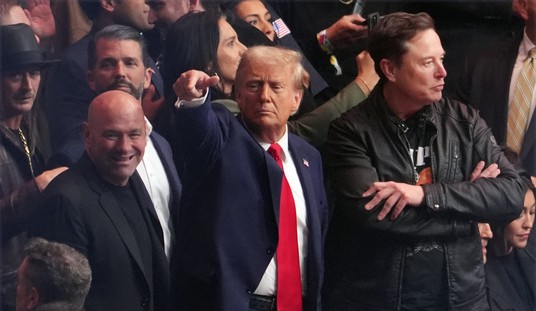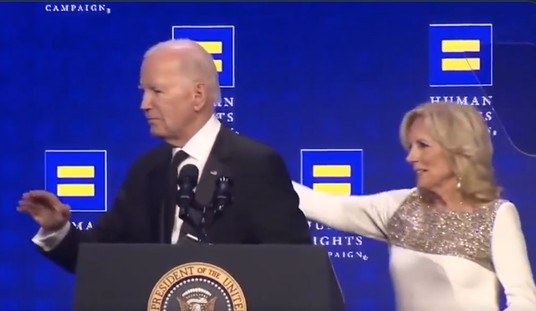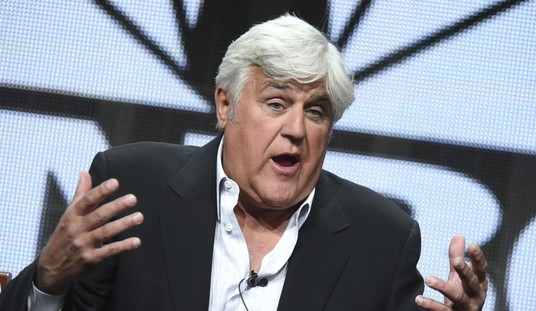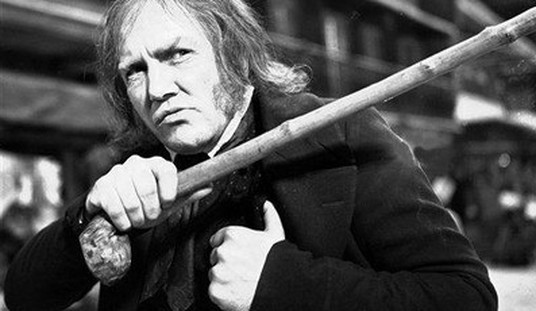Politico contributor David Greenberg has met almost no one who has read the latest Obama biography by David J. Garrow, entitled Rising Star: The Making of Barack Obama. Despite a few shocking headlines based on select revelations in the book, it has not performed particularly well in sales either, in comparison with other biographies of the pre-presidential life of the forty-fourth president.
Sure Obama hasn’t occupied the Oval Office in six months, so perhaps he’s old news; it’s Trump’s America now. Yet, the reality of a Trump White House seems rather to make liberals nostalgic for the Obama era. Now seems like the perfect time for his supporters to remember him with another depiction of his life.
There’s a problem with reading Rising Star to that purpose, and it happens to be the surprising reason Greenberg concludes contributes to the relative unpopularity of this new biography.
It isn’t that the book itself is not good. Greenberg writes that
It’s a masterwork of historical and journalistic research, Robert Caro-like in its exhaustiveness, and easily the most authoritative account of Obama’s pre-presidential life we’ve seen or are likely ever to see. It’s also a terrific read.
Certainly the exhaustiveness contributes to its intimidating length: it’s well over 1000 pages. That probably deters some lay readers, but not critics. No, Greenberg’s assessment, surprising coming from the pages of Politico, is that Obama’s “mythmakers” don’t like the fact that Rising Star takes the air out of his mythical image.
Of course, Garrow is gratuitously critical and dismissive of other Obama biographers such as David Maraniss and David Remnick, a move that is anything but ingratiating with them, but Garrow also trains his sharp research skills and his “gotcha tone” on Obama himself. As Greenberg writes, “I suspect that Rising Star’s critics were put off by [Garrow’s] manifest skepticism about the Obama legend.”
He takes apart many claims from Dreams from My Father regarding Obama’s time in Indonesia, his teen years, his post-collegiate work and his church life — he “did not have a religious bone in his body.” Garrow depicts his ever-changing stance on gay marriage. Perhaps least surprising to conservatives, it shows that Obama downplayed his relationship with Weather Underground terrorist Bill Ayers.
Rising Star is not, according to Greenberg, anti-Obama. Garrow, a liberal himself, also criticizes books like Stanley Kurtz’s Radical-in-Chief: Barack Obama and the Untold Story of American Socialism, “dispensing with their caricature of Obama as a flaming socialist.” Mostly he humanizes Obama, a jarring portrayal for anyone who bought into the imagery of the Greek columns of his nomination acceptance speech at the 2008 Democratic National Convention.
More to the point, it seems as if a significant number of his fans thought of Obama as “above all that” image-crafting typical of politicians. (Try not to spew your coffee everywhere, laughing.)
It’s no scandal that Obama should prettify his life story for public consumption, especially if, as Garrow persuasively argues, he was eyeing a political career when he wrote Dreams. We all chisel a little in our self-presentations, especially politicians. What gives Garrow’s exposure of Obama’s self-fashioning its special frisson is the prevailing image of the president as a squeaky clean, non-political truth-teller. You expect Bill Clinton’s My Life or George W. Bush’s Decision Points to be a self-serving political document. But a lot of people really thought Dreams was something different. When we read, toward the end of Rising Star, that Obama told Oprah Winfrey, “The biggest mistake politicians make is being inauthentic,” it’s hard not to appreciate Garrow’s irony.
Garrow shows that Obama began very early to craft his image. He even refers to Dream from My Father as “historical fiction,” a term Greenberg finds hyperbolic. Both seem comfortable with Obama’s autobiographical alterations, and indeed, some polishing and embellishment is probably harmless, even expected.
However, when that sort of alteration is employed in claims made by the president, such as “if you like your health-care plan, you can keep your health-care plan” or his revisionist claims about Benghazi, it’s a different story. Perhaps the release of a book like Rising Star before Obama’s presidency would have punctured the myth before it became indestructible in the minds of so many of his voters. History might look a little different, and not in the way he would have preferred.













Join the conversation as a VIP Member